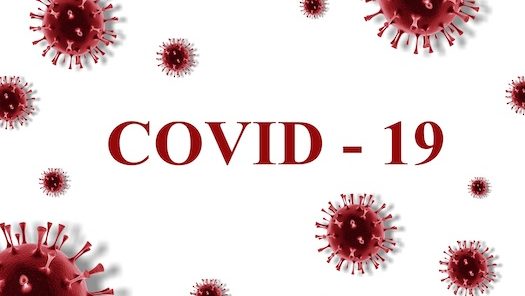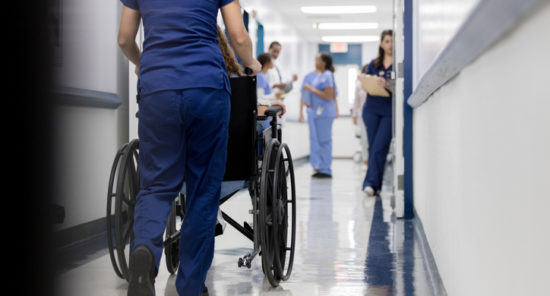Preoperative heart rate variability (HRV) is a strong predictor of postoperative pain after epileptic surgery, according to a prospective study.
“Post-operative pain is a common clinical problem after surgery, yet its predictors are inconsistent and unclear. This study examined whether pre-surgical vagal cardiac efferent nerve activity, indirectly indexed by HRV, predicts patients’ pain after epileptic surgery,” the researchers explained.
Thirty patients underwent HRV measurement at rest five minutes before undergoing epileptic surgery. For the first two postoperative days, pain was assessed at eight-hour intervals. The researchers’ focus was on the worst pain level. Multiple regression analyses were implemented, and confounders statistically taken into consideration included age, surgical duration, and analgesics during different surgical phases.
Multiple HRV indexes were strong, inverse predictors of postoperative pain. The strongest predictor of postoperative pain was high-frequency HRV (HF-HRV) (r=−0.81; P<0.001). Hierarchical multiple regression analysis, which accounted for age, surgical duration, and the effects of two anesthetics, found that HF-HRV was responsible for an additional 18% of postoperative pain variance, which the researchers considered significant.
“Pre-surgical HF-HRV independently, strongly and inversely predicts post-operative pain. These results are in line with a neuromodulatory role of the vagus nerve in pain and have clinical implications for predicting and managing post-operative pain,” they wrote in their conclusion.
Source: Journal of Psychosomatic Research (https://www.sciencedirect.com/science/article/abs/pii/S0022399921000660?via%3Dihub)
Tags: epilepsy, pain, postoperative pain, epileptic surgery









